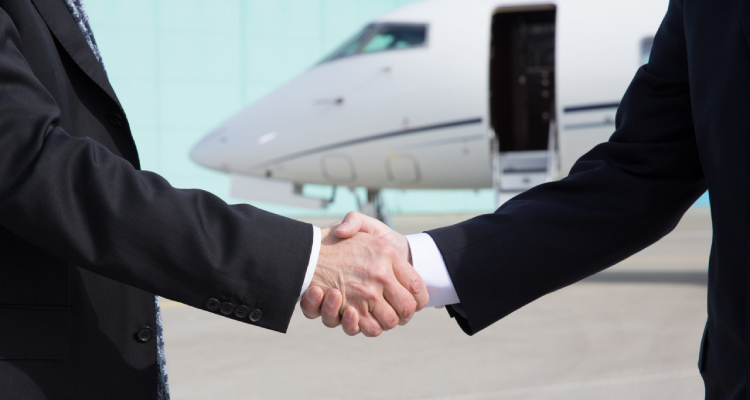
Navigating the world of aircraft ownership is an exhilarating yet complex journey. From identifying the right model to arranging for financing, several elements need careful consideration. One such crucial aspect often overlooked is the role of insurance in the aircraft buying process. A comprehensive insurance plan is not just a legal requirement; it's a financial safety net that protects your valuable investment. Let’s explore the importance of insurance, the types of coverage available, and how to choose the right policy.
Why Insurance is Important in the Aircraft Buying Process
Risk Mitigation
Owning an aircraft exposes you to multiple risks—operational, legal, and financial. The consequences of an accident can be devastating, involving loss of life, substantial damage, or legal battles. A well-structured insurance policy acts as a financial cushion, mitigating these risks.
Regulatory Compliance
In most jurisdictions, aircraft owners are required to have some level of insurance. Failure to comply could result in hefty fines or the suspension of your flying license.
Asset Protection
An aircraft is a significant investment. Insurance safeguards this asset against unforeseen incidents like theft, vandalism, or natural disasters, providing peace of mind to owners.
Types of Aircraft Insurance Coverage
Liability Coverage
This type of insurance protects you from the legal ramifications of an accident, covering the costs related to bodily injury or property damage.
Hull Insurance
Hull insurance covers damage to the aircraft itself, whether due to accidents, theft, or natural disasters. It's generally calculated based on the aircraft's agreed value.
In-Flight and Ground Insurance
Some policies differentiate between in-flight and ground coverages, with in-flight insurance being more comprehensive. Ground insurance often covers only instances when the aircraft is not in motion.
Crew and Passenger Insurance
This coverage takes care of medical expenses, lost wages, and other costs arising from injuries to crew members or passengers.
Choosing the Right Insurance Policy
- Understand Your Needs: Different types of aircraft and flying activities require specific insurance coverages. Commercial operations may necessitate more extensive protection compared to private, leisure flying.
- Compare Quotes: Don't settle for the first quote you receive. Compare policies from various providers to get a sense of market rates and coverages.
- Consult Experts: Consult with aviation insurance specialists who understand the nuances of aircraft operations and can guide you in selecting the best policy.
- Review Policies Regularly: Your insurance needs may change over time, so it’s wise to review and update your policy annually.
Frequently Asked Questions
Why is insurance essential in the aircraft buying process?
Insurance provides financial protection against various risks, including operational, legal, and financial, and is usually a legal requirement for aircraft owners.
What are the primary types of aircraft insurance coverage?
The main types are liability coverage, hull insurance, in-flight and ground insurance, and crew and passenger insurance.
How can I choose the right insurance policy?
Compare multiple quotes, understand your specific needs, consult aviation insurance experts, and review your policy regularly to ensure it remains suitable.
Conclusion
Insurance is an indispensable part of the aircraft buying process, safeguarding both your financial investment and compliance with legal requirements. Take the time to understand the different coverages and consult experts to tailor a policy that best suits your specific needs.
